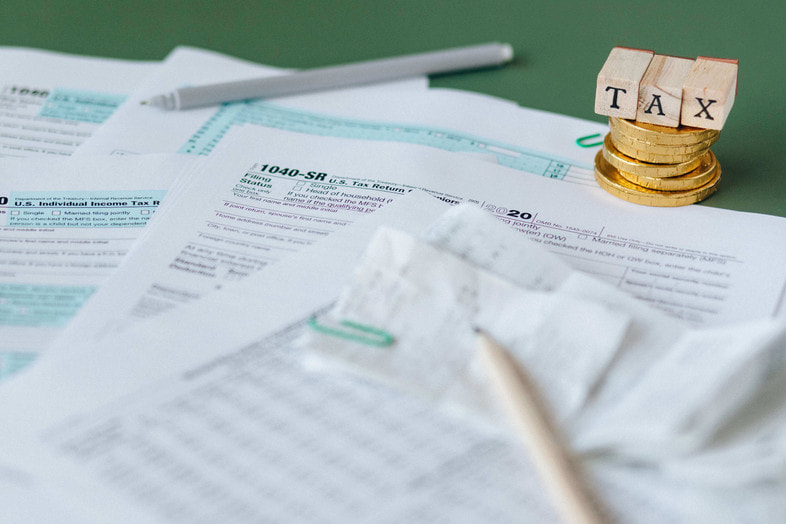Global deal seeks to end tax havens in the wake of the Pandora Papers
by Omor Ibne Ehsan · · 3 minute read

On Friday, 136 countries sought to set a minimum global tax rate of 15% to make it harder for companies to avoid taxes. Developing countries have traditionally used lower taxation to make them more attractive destinations for investments. However, the deal set by 136 countries might end that with a new tax floor of 15% for large corporations.
Many companies based in countries with meagre tax rates, such as Ireland, the Bahamas and Panama, found it easier to grow as taxes were lower than the country where they mainly made their revenue. The tax floor agreed by the governments was 15%, while the average tax rate in the industrialized world averages about 23.5%. Some developing countries that had wanted a higher rate said their interests had been sidelined to accommodate wealthier nations.
Negotiations about this deal were already going on. However, Ireland, Estonia and Hungary were in opposition to this deal until they finally agreed to sign the agreement solidifying the 15% tax floor. This deal stops large corporations from booking profits in low tax countries such as Ireland. The calls for such a deal were already rising since large companies avoided taxes using such tax havens.
Doing business across borders has been more accessible than ever. Companies haven't neglected this opportunity as more and more large corporations shifted to tax havens away from where their clients were based for more profit. This deal has aimed to stop this from happening further.
US president Joe Biden also said in a statement: "Establishing, for the first time in history, a strong global minimum tax will finally even the playing field for American workers and taxpayers, along with the rest of the world,"
Of the 140 countries involved, 136 have already supported the deal, with only Pakistan, Kenya, Nigeria and Sri Lanka abstaining. The Paris-based Organisation for Economic Cooperation and Development (OECD), leading the talks, said that the deal would cover 90% of the global economy.
However, the deal did not go uncriticized as smaller economies and developing countries raised concerns about the possibility of the agreement. Some countries also felt that the agreement was favoured more towards larger and wealthier nations. The Swiss finance ministry also demanded that the interests of small economies be taken into account and said that the 2023 implementation date was impossible.
Republican Senators in the US were also seen pessimistic about the deal. They sent a letter to the US Department of the Treasury secretary Janet Yellen raising their concerns about this deal. Republican senators said they were concerned the Biden administration was considering circumventing the need to obtain the Senate's authority to implement treaties.
Republicans have previously not supported such deals that were looking to raise tax rates for corporations. Moreover, the US constitution requires the Senate to ratify any treaty with a two-thirds majority or 67 votes. The Biden administration currently only controls 50 seats, with Vice President Kamala Harris acting as the tie-breaker.
Although the deal has been criticized, it has also been a source of optimism for some countries as it has been thought to bring more prosperity and revenue. The OECD said that the minimum rate would see countries collect around $150 billion in new revenues annually while taxing rights on more than $125 billion of profit would be shifted to countries where big multinationals earn their income. However, only time will tell whether or not the 2023 deadline might be possible for some countries.
